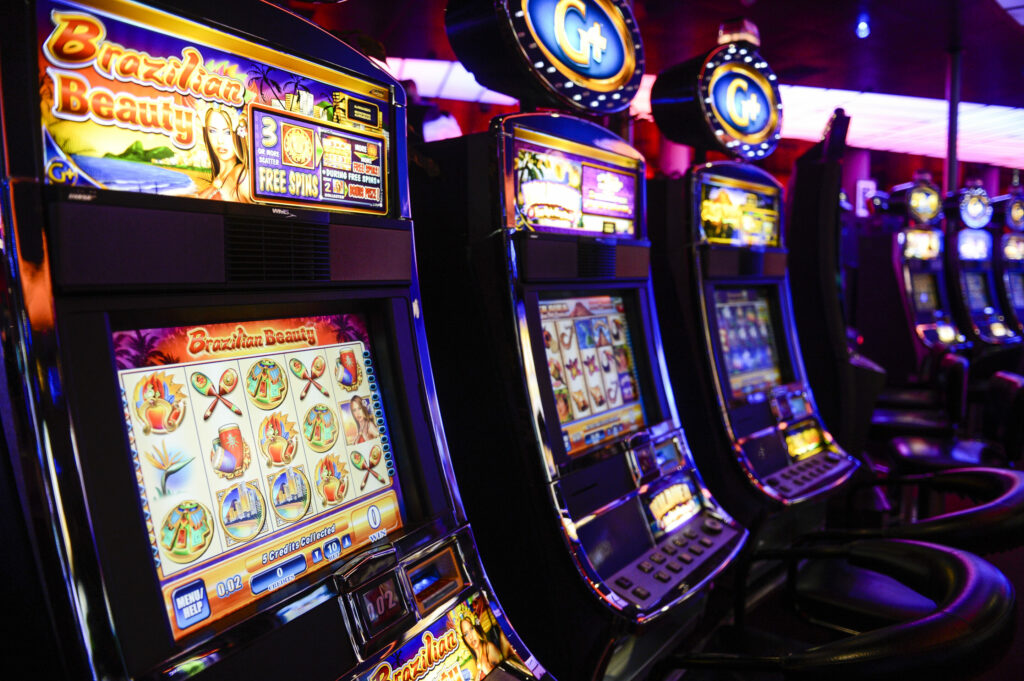There is an enormous disparity in the number of gambling establishments and opportunities in disadvantaged Brussels communes compared to affluent ones, according to a new study reported on by Le Soir.
Research conducted by data analyst Aurore Paligot showed that the 6,600 gambling licenses granted by the Gambling Commission are unevenly spread across Brussels and the rest of the country.
In communities where the average income is below €17,000, there are 10.5 licences per 10,000 residents. This figure drops to 3.3 in areas where the average income exceeds €23,000.
In Saint-Josse, a densely populated commune where the average annual income is just over €11,000 compared to a national average of €20,300, there is one casino, six betting agencies, ten bookmakers and 40 cafés that offer low-stakes betting games and bingo in an area of just 1.16 km2.
Mayor of Saint-Josse Emir Kir (PS) believes regional disparities are intentional. "It is clear that the poorest districts and municipalities are being targeted," he said. "But there are also other criteria that come into play, such as population density or flow. Saint-Josse is right in the heart of Brussels. There are many employees and the municipality is a busy place. For operators, these are prime locations."
Gambling sector's defence
Industry heavyweights acknowledged such concentrations but quickly clarified that it comes down to greater demand in urban areas rather than any "targeting" of disadvantaged communities.
"We open branches where there is a customer base," said Ladbrokes CEO Yannick Bellefroid. "It is no secret that there is a demographic in certain areas of Brussels that is very interested in our activities."
Bellefroid also emphasised that competition is a deciding factor in where to place betting shops. Meanwhile, other sector representatives explained that footfall in built-up urban areas is much heavier than elsewhere, therefore creating a business opportunity.
"You can't compare Saint-Josse and Uccle," Golden Palace CEO Massimo Menegalli said. "Many people pass through the former every day and work there, while the latter is more residential."

Credit: Belga / Michel Krakowski
Paligot's data analysis conceded that urban areas are typically home to disadvantaged demographics. She added that local context is essential to consider for each individual case. Towns such as Hainaut on the French border have become gambling hotspots due to French people's tendency to travel to Belgium for the activity, making up 80% of the clientele in some cases.
Hidden costs
The social cost of gambling has characterised the conversation about industry regulation in recent years. While the sector reported record-breaking earnings of €1.45 billion in 2022, between 5% to 7% of users are at risk of dependence and gambling addicts are five times more likely to commit suicide than the general population.
Between 2010 and 2022, the number of Belgians placing bets online every day rose from 63,000 to 141,000. This leap is widely attributed to changes in legislation: online gambling was legalised in 2010, and in the same year that gambling advertising was regularised (2021), the number of people gambling rose from 800,000 to 2.1 million.
In light of these figures, the former Justice Minister Vincent Van Quickenborne (Open VLD) took the decision to ban gambling advertising via a royal decree in March 2022. The decree was harshly criticised by industry players and recently, Mouvement Reformateur (MR) party leader Georges-Louis Bouchez came under scrutiny for potential conflicts of interest that have motivated his ardent opposition to industry regulation.

